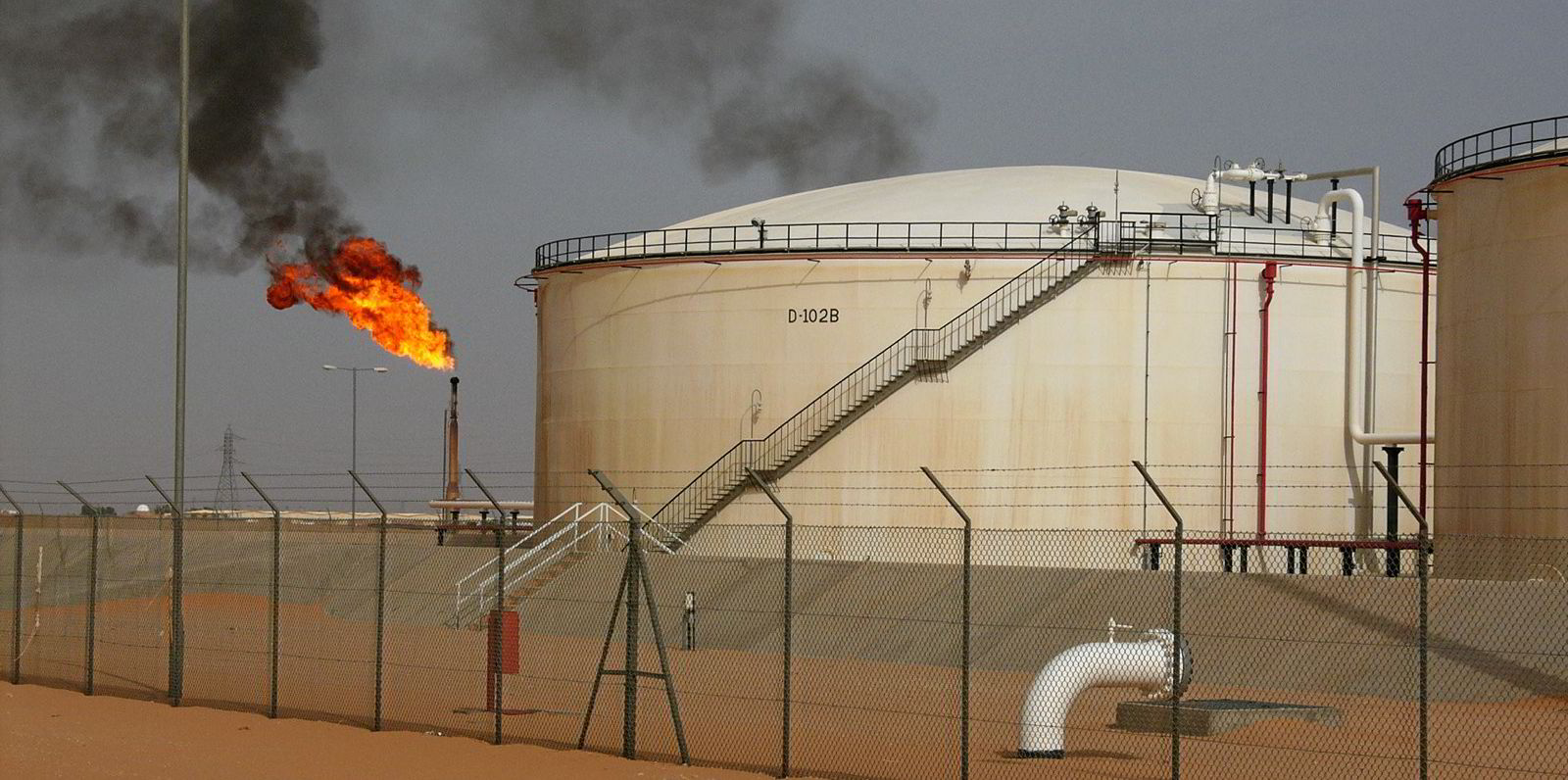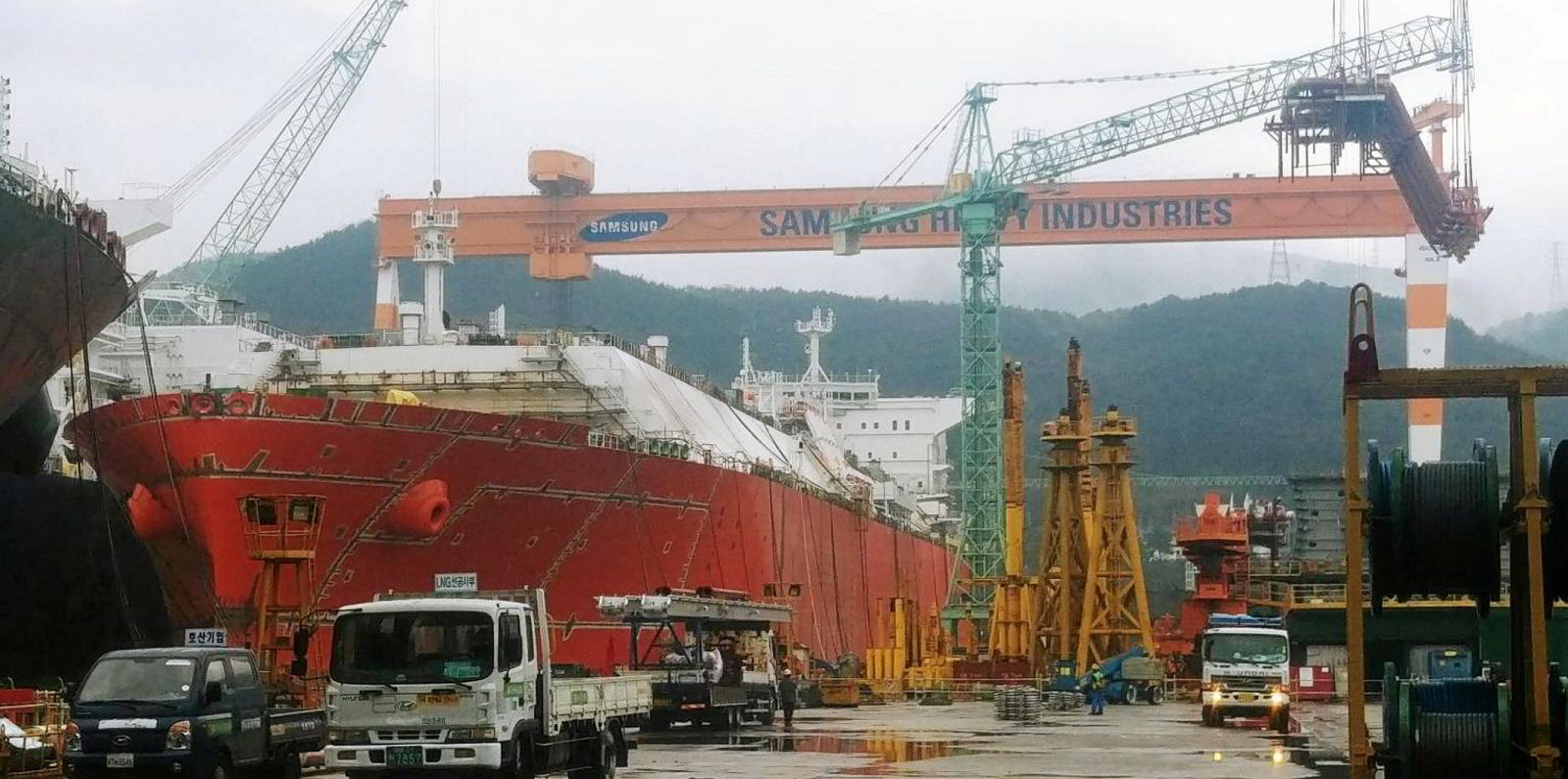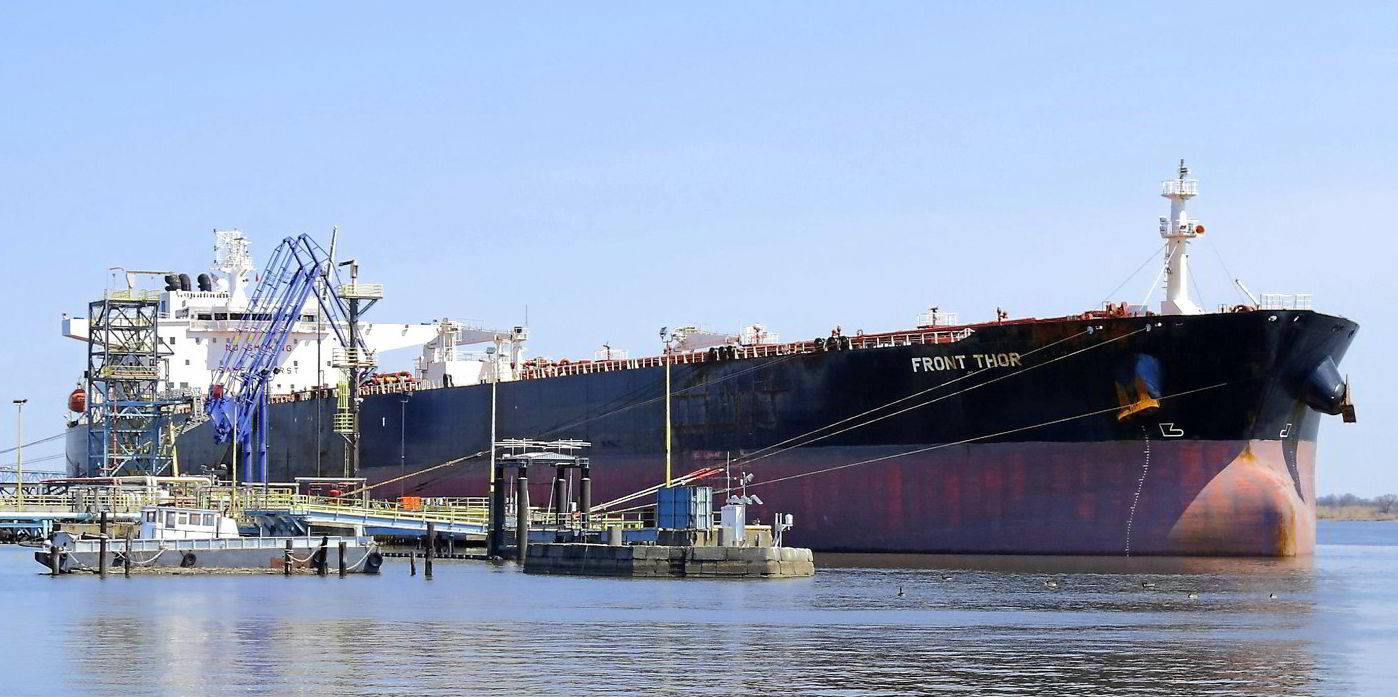The return of Libyan crude exports will hurt aframax tanker demand in the long run as European refiners reduce their imports from farther afield, an analyst has predicted.
Mediterranean aframax earnings spiked by about $5,000 per day in October when oil companies rushed to charter vessels to lift from the North African country.
But freight rates in the market have fallen back in recent weeks amid tonnage oversupply.
“In the long term, the restart of Libyan exports could actually reduce tonne-mile demand for the vessel class, and even weigh on rates further,” Argus Media market analyst Nikos Kokolinakis said.
Libya, an Opec member state, generally supplies light, sweet crude to European countries on aframax tankers.
When renegade general Khalifa Haftar imposed a blockade on Libyan oil facilities between January and September, European hiked imports from the US as replacement barrels.
“In the absence of sweet, light crude from Libya, European refiners sought similar supplies from elsewhere. The largest beneficiary was the US,” Kokolinakis said in a web post.
The top eight European destinations for Libyan crude has lifted imports of US light, sweet barrels by 33% on the year so far in 2020, Vortexa data shows.
“Charterers use aframaxes for most US-Europe crude shipments, and the longer journey time compared with cross-Mediterranean voyages from Libya means much higher tonne-mile utilisation per shipment,” Kokolinakis said.
A round trip between the Louisiana Offshore Oil Port in the US and the Italian port of Trieste – the top destination for Libyan crude – could take 48 days for a vessel running at 11.5 knots, according to Vortexa.
In comparison, a round trip between the Libyan port of Es Sider and Trieste would take 10 days.
Europe has already cut imports of US crude since Libya resumed exports, possibly due to less demand for replacement barrels, Kokolinakis said. But this could also be due to lower European refinery runs amid renewed lockdown measures, he added.
“If Libyan production continues to climb, it will increase liquidity on the Mediterranean aframax market, but it could reduce demand for long-haul shipments from the US and diminish tonne-mile demand for the aframax segment as a whole,” Kokolinakis said.





